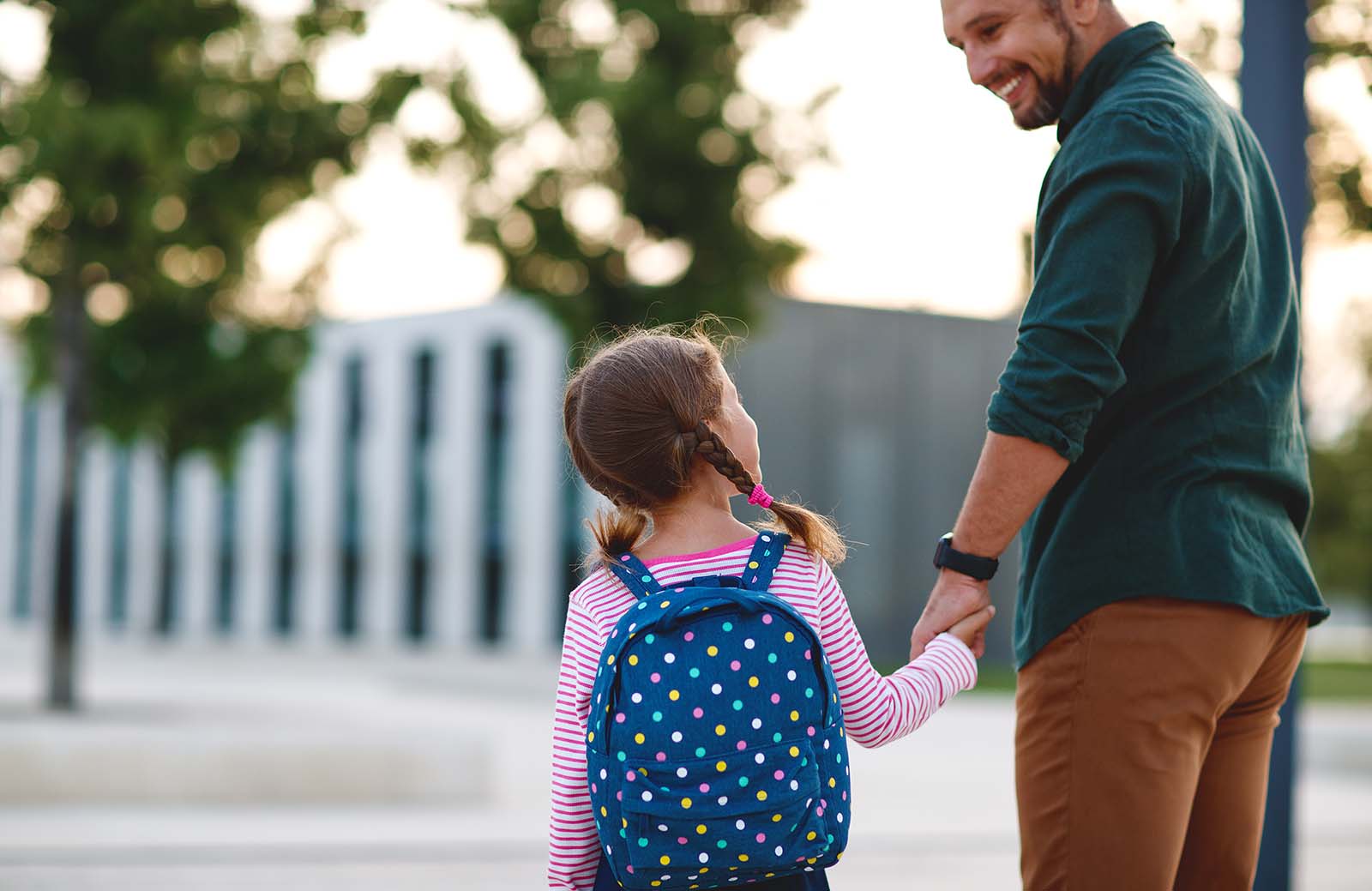Music’s Vital Role in Early Childhood Education
February 1, 2024
Music, a universal language that resonates across age, culture, and time, holds a special place in the heart of Les Enfants. Its unique ability to inspire, soothe, and educate is unparalleled, especially in the realm of early childhood education. From the gentle lullabies that comfort our youngest learners to the vibrant melodies that ignite imagination in preschoolers, let’s explore the indispensable role of music in nurturing young minds and fostering comprehensive development.
1. Cognitive Development Music is a magical tool for cognitive development in young children. Engaging with music, they encounter patterns, rhythms, and melodies that are essential for:
- Math Skills: Understanding beats and patterns in music builds a foundation for mathematical concepts.
- Memory Enhancement: Memorizing songs and lyrics sharpens memory skills, aiding overall learning.
- Language Skills: Exposure to new words and phrases in songs expands a child’s vocabulary.
2. Emotional Expression and Regulation Early childhood is a critical time for learning to express and regulate emotions. Music offers a safe, creative way for children to:
- Express Feelings: Before they can verbalize emotions, children can express joy, sadness, or calmness through music.
- Manage Emotions: Soothing tunes can help regulate feelings and alleviate stress.
3. Social Development Music naturally fosters social interaction and cooperation, essential for early social development. Participating in musical activities, children learn:
- Teamwork: Making music in a group setting teaches collaboration and communication.
- Listening Skills: Attuning to music and fellow participants hones listening abilities.
4. Physical Development Movement to music is a fun way to support physical growth, helping with:
- Coordination: Rhythmic movement and dance enhance gross motor skills.
- Fine Motor Skills: Playing instruments like xylophones or drums refines dexterity.
5. Cultural Awareness Diverse musical genres introduce children to various cultures, fostering an appreciation for global diversity and traditions.
6. Boosting Creativity Music encourages children to be creative, whether through making up songs, inventing dance moves, or experimenting with instruments.
7. Routine and Structure Incorporating music into daily routines brings structure and comfort to young learners.
8. Fun Learning Above all, music makes learning enjoyable and engaging, fueling imagination and joy.
At Les Enfants, we deeply value the impact of music in early education. Our programs, including the enriching Kidz Musik, immerse children in a world of musical exploration. Through Kidz Musik, children are not only learning melodies and rhythms; they are embarking on an enchanting journey that enhances their educational, emotional, and social growth.
So, let’s keep the music playing, guiding our young learners at Les Enfants on a delightful journey of discovery, growth, and joyous learning.



